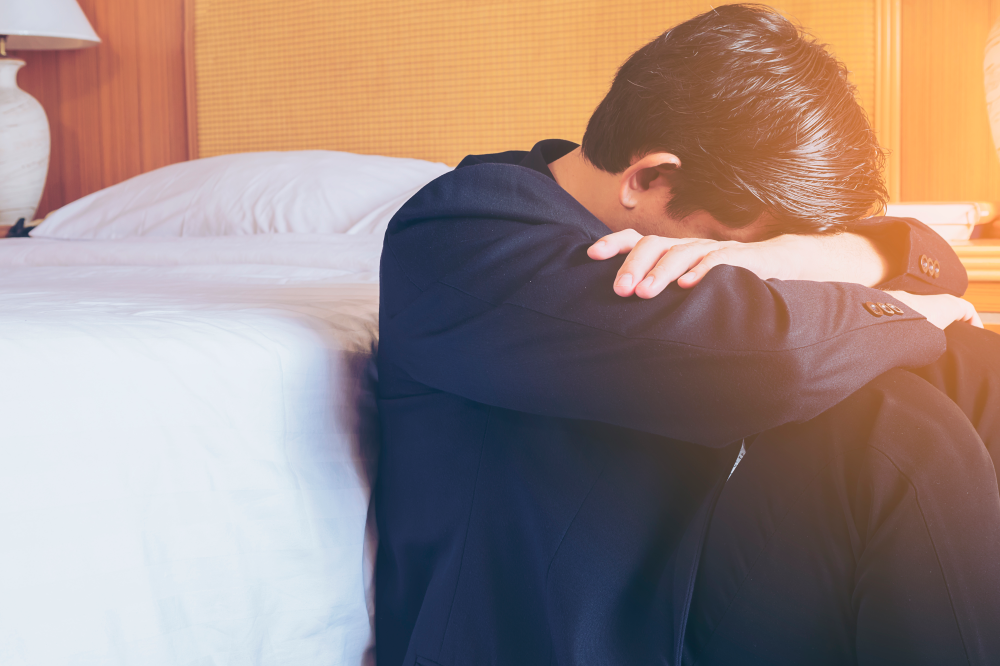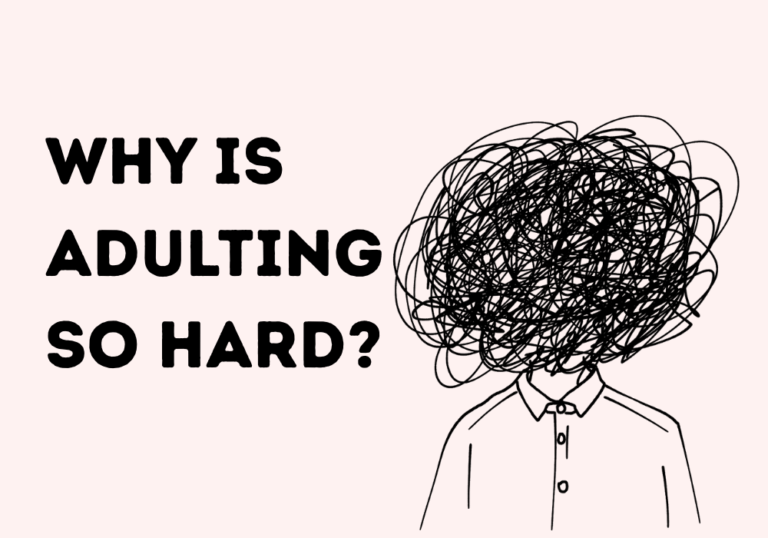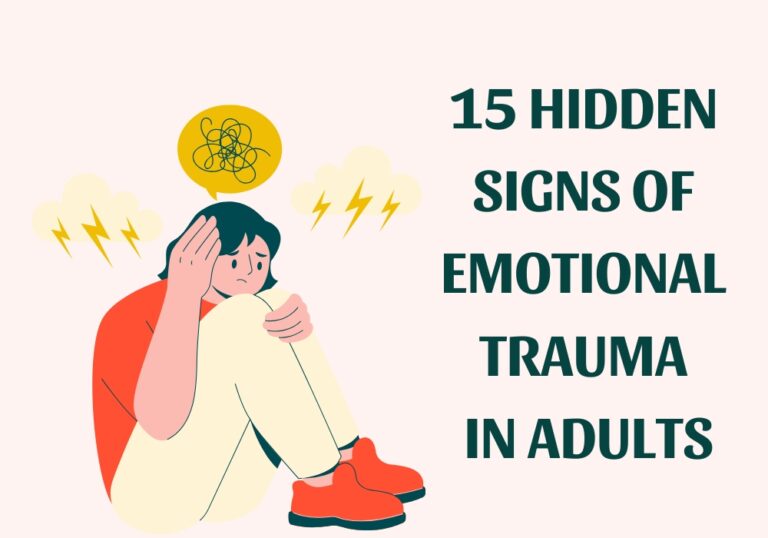What is Anxiety?
Anxiety is a feeling of fear or worry, often about making mistakes or facing challenges. It’s something most people experience from time to time, and it’s completely normal to feel anxious now and then. However, when anxiety becomes constant or overwhelming, it can interfere with your daily life, relationships, school, or work.
Some signs of anxiety include worrying too much, feeling restless, getting irritated easily, or having physical symptoms like a fast heartbeat or sweating. If anxiety starts to control your life, it’s important to know how to deal with anxiety effectively. Treatment options like exposure therapy, attention training, and anxiety management techniques can help you cope with and reduce your symptoms, so recovery is possible.
How to deal with Anxiety?
Dealing with anxiety can be a challenge, but there are plenty of ways to handle it and feel better. By using the right methods, you can improve your well-being and enjoy life more. So, let’s explore 15 simple ways to help you manage anxiety and take control of your mental health.
1-Breathe slowly:
When you are anxious, your breathing becomes shallower and faster.
Try deliberately slowing down your breathing. Breathing in slowly for a count of three, then breathing out slowly for a count of three.
2-Find What’s Bothering You:
To get to the root of your anxiety, you need to figure out what is bothering you. This can be done by setting some time aside to explore your thoughts and feelings. If you find that you are struggling with anxiety, writing in a journal may be a way to get in touch with the root of the problem. Keep a journal or notepad by your bed, and write down your anxious thoughts before going to sleep. Talking to a friend can also help you to understand your anxious feelings.
3-Be aware of your patterns of negative thinking:
It can be difficult to challenge your negative thoughts if you are not aware of them when they happen. We should not forget that things are never just right or wrong, black or white, should or shouldn’t. Every situation has different levels of severity. Your anxiety will try to make the negative events seem more severe and the positive ones seem more meaningless, but it’s up to you to realize that an unfavorable result isn’t the worst that could happen. It is important to try and identify when you feel like things are going to take a turn for the worse. Challenge that negative thinking and remind yourself that you can get through whatever it is you’re facing. No matter if your fear is rooted in being judged, criticized, or humiliated, you can rise to the challenge and overcome that fear.
Related: How To Overcome Fear of Rejection? 12 Effective Steps
Related: 10 Tips to overcome fear and become unstoppable
4-Connect with nature:
Sometimes all you need is a change of location and scenery. If you’re feeling cooped up, head out for a walk in the park or a hike in the woods. It’ll help you feel peaceful and grounded. Just make sure to choose a safe place where you can relax and enjoy your surroundings. Walking, hiking, trail biking, or even just working out can also be great for your mental and physical health. You can also invite a friend or family member along and make the most of it and enjoy feeling connected to people as well.
5-Progressive muscle relaxation:
If you’re looking to reduce the muscle tension that comes with anxiety, progressive muscle relaxation may help. To do this, find a peaceful location, sit or lie down, and close your eyes. From your toes to your head, slowly tense and then relax each of your muscle groups. Hold the tension for a few seconds before quickly releasing.
6-Write A Daily Gratitude List:
A great way to start your day off on the right foot is by writing a gratitude list. Writing the things you are grateful for can be an excellent way to set your mind at ease from such anxious feelings. It’s a reminder that you have a lot of good things in your life. Positivity really does have power.
Gratitude activates multiple regions of the brain, including psychological well-being.
7-Exercise:
Anxiety physical symptoms are caused by the ‘flight-or-fight’ response, which is when your body starts pumping out adrenaline and other stress chemicals. Working out helps get rid of stress chemicals and can make you feel more relaxed. Being physically active is another way to keep anxiety at bay. Try to do some physical activity at least three to four times a week, and switch up your activities to stay interested.
8-Keep a journal:
Writing down your thoughts and emotions in a journal every day can be a helpful way to process them. Additionally, the act of writing can be calming for some people. Also, it can be beneficial to keep track of when you feel anxious, how this manifests, and what sort of things trigger these feelings.
Related:10 Tips to start Journaling and make it a Habit
9-Keep your body and mind healthy:
Deal with anxiety is a matter of maintaining a healthy lifestyle and staying connected to the people you love. This includes staying active, eating well, and getting enough rest & sleep.
Related: 10 Ways to Stop Emotional Eating And Be Mindful Of Your Diet
Related: Sleep Deprivation: Symptoms, Causes, & 10 Effects
Related: 12 Steps to Cultivate Your Growth Mindset
10-Building self-esteem:
People with anxiety disorder usually have low self-esteem. If you feel worthless, it can make the anxiety worse in many ways. You might start passively interacting with others and be afraid of being judged harshly. Low self-esteem is also often related to how much the anxiety disorder affects your life.
Related: How To Love Yourself And Be Confident?
Related: Low Self-Esteem Causes, Signs, & 10 Ways to overcome it
11-Make time for worry:
It may be difficult to stop worrying entirely, so set aside some time to indulge your worries. Even 10 minutes each evening to write them down or go over them in your head can help prevent your worries from taking over at other times.
12-Be Careful with the Caffeine:
Too much caffeine can make anxiety worse, so be careful with coffee, tea, and other caffeinated drinks.
13-Stay away from alcohol and drugs:
These substances can make anxiety worse and worse.
Related: How to Break Bad Habits and Stop Your Addiction?
14-Socialize:
Doing things, whether they be organized activities or just hanging out, with those we feel close to allows us to deepen our bonds with them, and as a result, feel supported and secure. Talking about our problems with someone who will listen and care can help us feel happier and less upset. It’s a reminder that we’re not alone and that everyone has these feelings sometimes.
15-Practice mindfulness:
Practicing mindfulness means paying attention to the present moment, which can help you stop worrying about the past or future. By focusing on what’s happening right now, you can reduce anxiety and feel more in control. Let go of things you can’t change, and focus on what you can do in the present to feel calmer.
Related: How Meditation Will Change Your Life?
16-Practice Self-Care:
Taking care of yourself is really important when it comes to managing anxiety. Set aside time for activities that help you relax and boost your mood. You can try things like taking a warm bath, enjoying a cup of tea, meditating, taking a break to read or watch your favorite show, or practicing deep breathing exercises. Even simple things like organizing your space, getting a good night’s sleep, or having a healthy snack can make a big difference. Remember, self-care is all about giving yourself the time and attention you need to feel your best.
Related: 9 Types of Self Care Everyone Needs to Practice
17-Consider Therapy or Counseling:
You Can also consider seeing a therapist or counselor. They can provide helpful tools and strategies to manage anxiety and improve your mental health. Therapy offers support, guidance, and a safe place to talk about your feelings.
Conclusion:
Managing anxiety is a process that takes time, self-awareness, and patience. By using these 17 powerful methods in your daily life, you can deal with anxiety more effectively and improve your overall well-being. Remember, it’s okay to ask for help when needed and make self-care a priority to protect your mental health and happiness.









Thank you so much ❤️